JSW School of Law’s Third Undergraduate Summer School Program
POSTED ON - Mar 8th, 2025
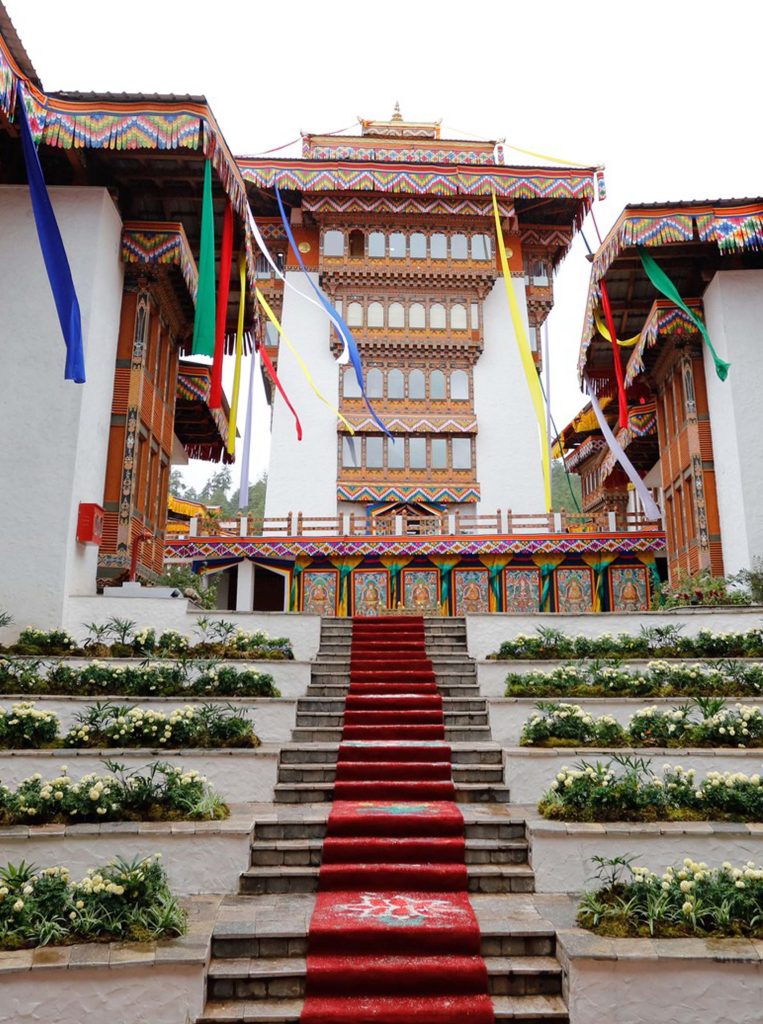
June 09– June 22, 2025
Pangbisa, Paro, Bhutan
The JSW School of Law (https://jswlaw.bt/) is very pleased
to announce the Third Annual Undergraduate Summer
School Program at its spectacular new green campus just
outside of Paro, Bhutan. Students are invited to apply for the
program. Accepted students will have a choice of two out of
three courses taught by highly respected legal academics
from leading law schools in Asia. The courses will be taught
intensively over a two-week period.
Highlights
● Highly topical and engaging courses taught by skilled and experienced legal academicians.
● A pristine Himalayan setting, the highest law school in the world.
● Interaction with International and Bhutanese law students in the classroom, residences, and on field trips.
● Special exposure to unique aspects of Bhutanese society and its legal system through field trips to Thimphu, the capital city, and Punakha, the previous seat of government.
In Partnership with:
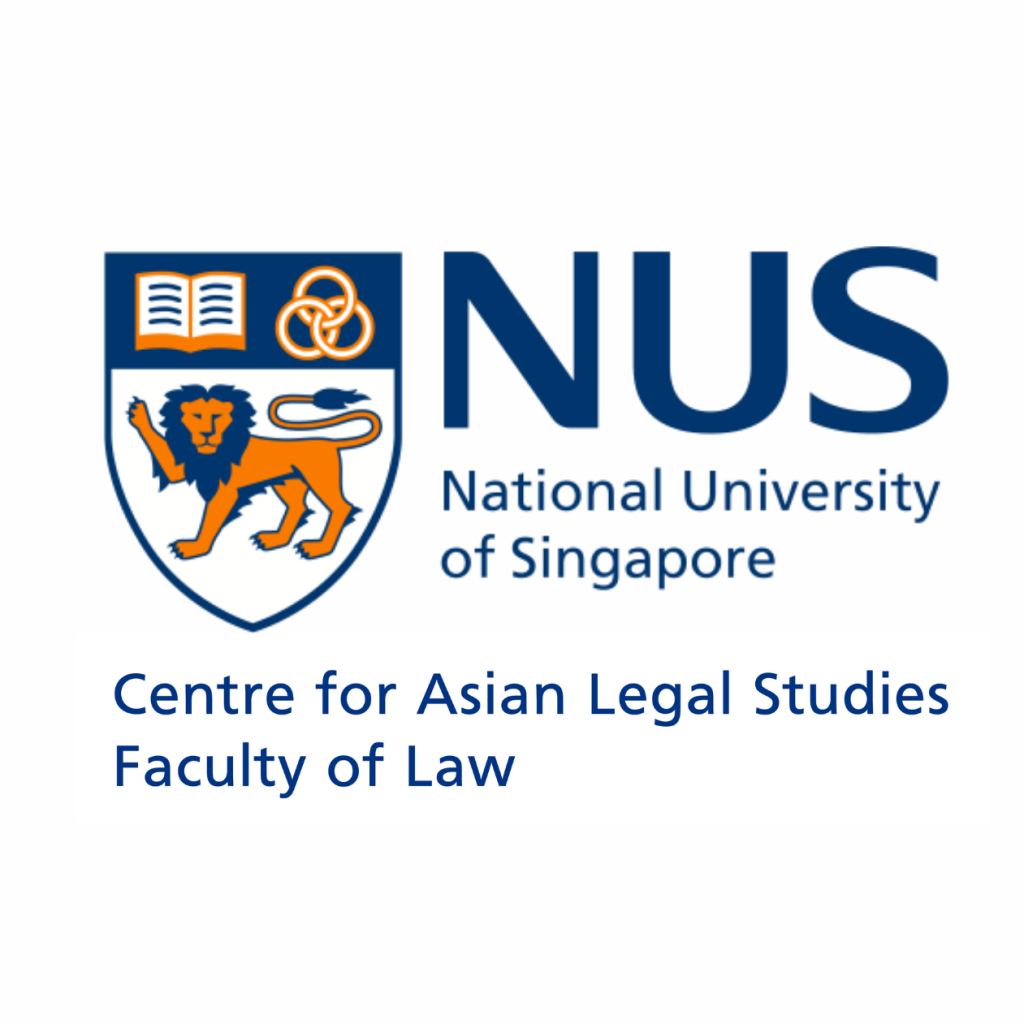
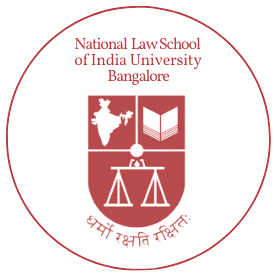
Summer School Overview
Courses
►Constitutionalism in Asia
Dr Jaclyn Neo, Centre for Asian Legal Studies at the National University of Singapore (NUS) Faculty of Law
Professor Aparna Chandra, National Law School of India University, Bengaluru
►Crime Victims: National and International Justice
Professor Sam Garkawe, Law School of OP Jindal Global University, India
►Comparative International Arbitration Law
Professor Harisankar K. Sathyapalan,
National Law School of India University, Bengaluru
Program Details
The Program will admit a maximum of 30 students. Students must enrol in two of the three courses offered. The timetable is designed so that students enrolling in two courses will spend around 5 hours in class per teaching day with ample breaks in between. Students have a field trip on Fridays and a free day on Saturday. Each course is taught using the seminar method, in classes of 2 to 3 hours’ duration and totaling 23 class contact hours. They are assessed by continuous modes such as reading reflection papers, student presentations of readings, class participation, and a final take-home exam to be completed a few weeks after the summer school has ended.
Upon satisfactory completion, students will be awarded a certificate detailing the courses they have taken and the grades received. The certificate will be signed by representatives of the JSW School of Law, the National Law School of India and the National University of Singapore.
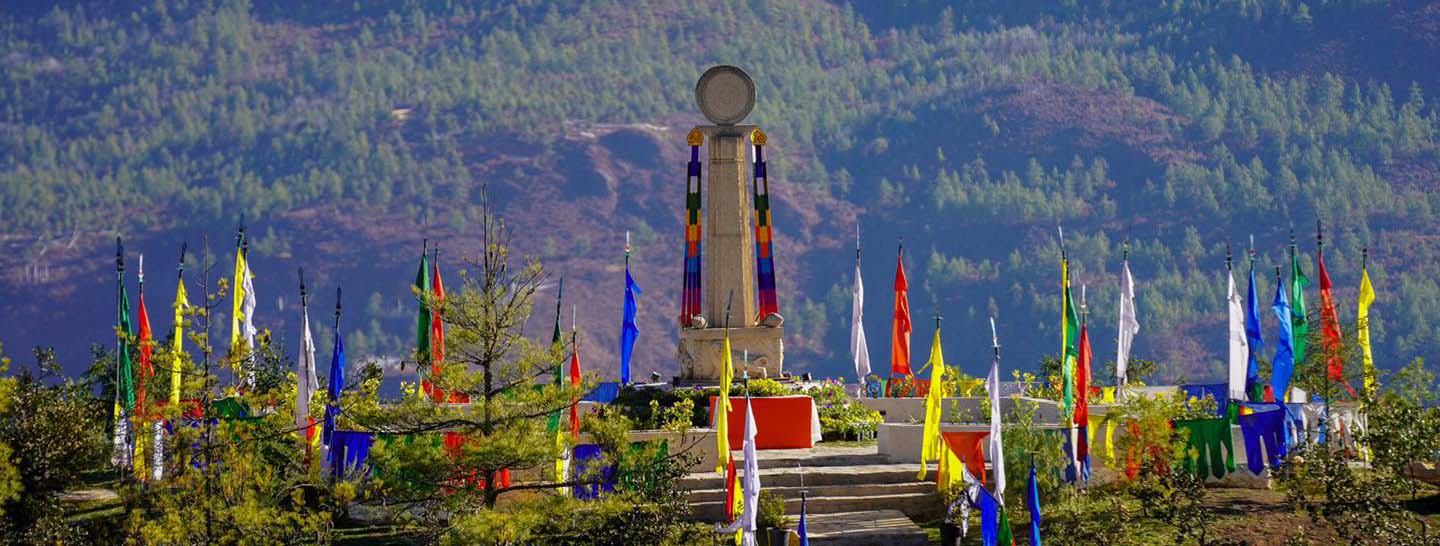
Course Details
Constitutionalism in Asia
This course explores the meaning and scope of constitutionalism through the lens of the unique historical, political, and social contexts of jurisdictions in Asia. It identifies key claims in constitutionalism as a doctrine of limited government and explores the potentially problematic implications of judicial review and separation of powers as primary modes of limiting governmental power in socially and politically unstable jurisdictions. Accordingly, it interrogates common characterisations of Asian jurisdictions as ‘authoritarian’ and ‘autocratic’, which tends to employ liberal constitutionalism as the dominant frame of reference for evaluation. The course thus challenges students to consider ways to build a constitutionalist government contextually, so as to better realize the aspirations and needs of the people on the ground.
Crime Victims: National and International Justice
This Course will focus on crime victims, who in the past have been considered ‘the forgotten persons’ in the criminal justice system, particularly in adversarial systems derived from English law and in international criminal courts. Since the 1960s advocacy on behalf of crime victims has been responsible for a considerable number of changes in both domestic and international criminal justice systems, some of which are accepted as being well overdue, whereas others have been more controversial. The victim inspired changes to national and international justice systems will be described, compared and critically assessed primarily in three important areas: protection, participation and reparation. The course will be particularly examining these changes in the context of the adversarial criminal justice system; international criminal courts with a focus on the International Criminal Court; and national restorative justice mechanisms, such as mediation and family conferencing. The possible applicability of the victim reforms studied in this course to the Indian justice system will be evaluated throughout.
Comparative International Arbitration Law
This course addresses the theoretical foundations of international commercial arbitration from a comparative perspective. It begins with the doctrinal debates surrounding the juridical nature of international commercial arbitration. The course then moves onto questions relating to the legal framework, including the different applicable laws in an arbitration setting, such as the lex arbitri and the law governing arbitration agreements. The course will significantly examine the relationship between national courts and arbitral tribunals at the gateway of arbitration and the post-award stage. Among other things, the course considers some of the contemporary topics in this area of law, including the interactions between commercial and investment arbitration and the sociological aspects of international arbitration. Emphasis will be on the discussion of court decisions, international instruments (including institutional rules and soft law), and selected academic literature. Brief lectures will be delivered to provide an overview and summarise the different modules of the course.
Course Instructors

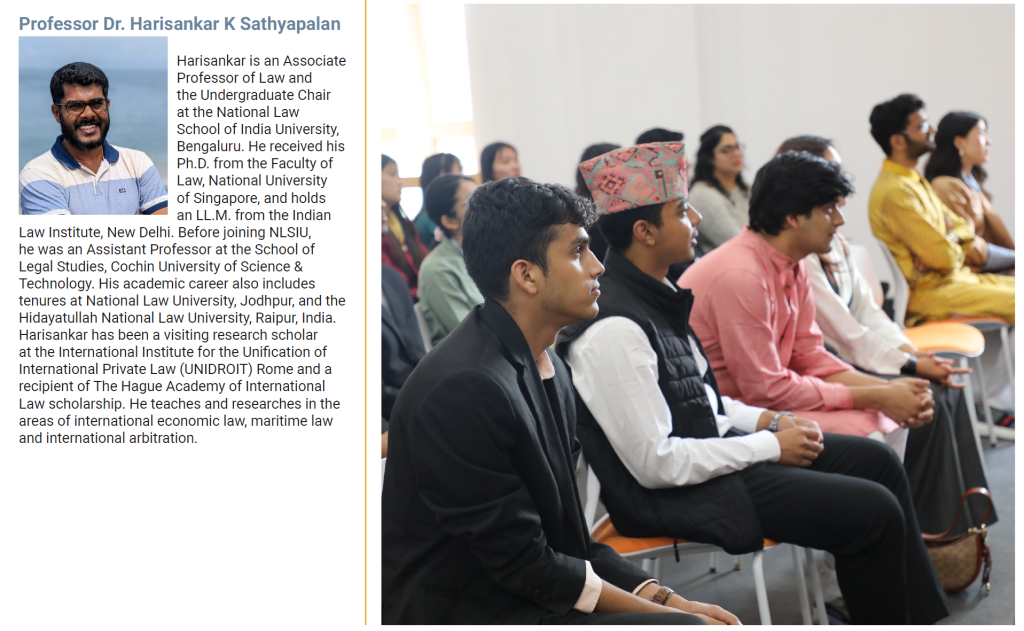

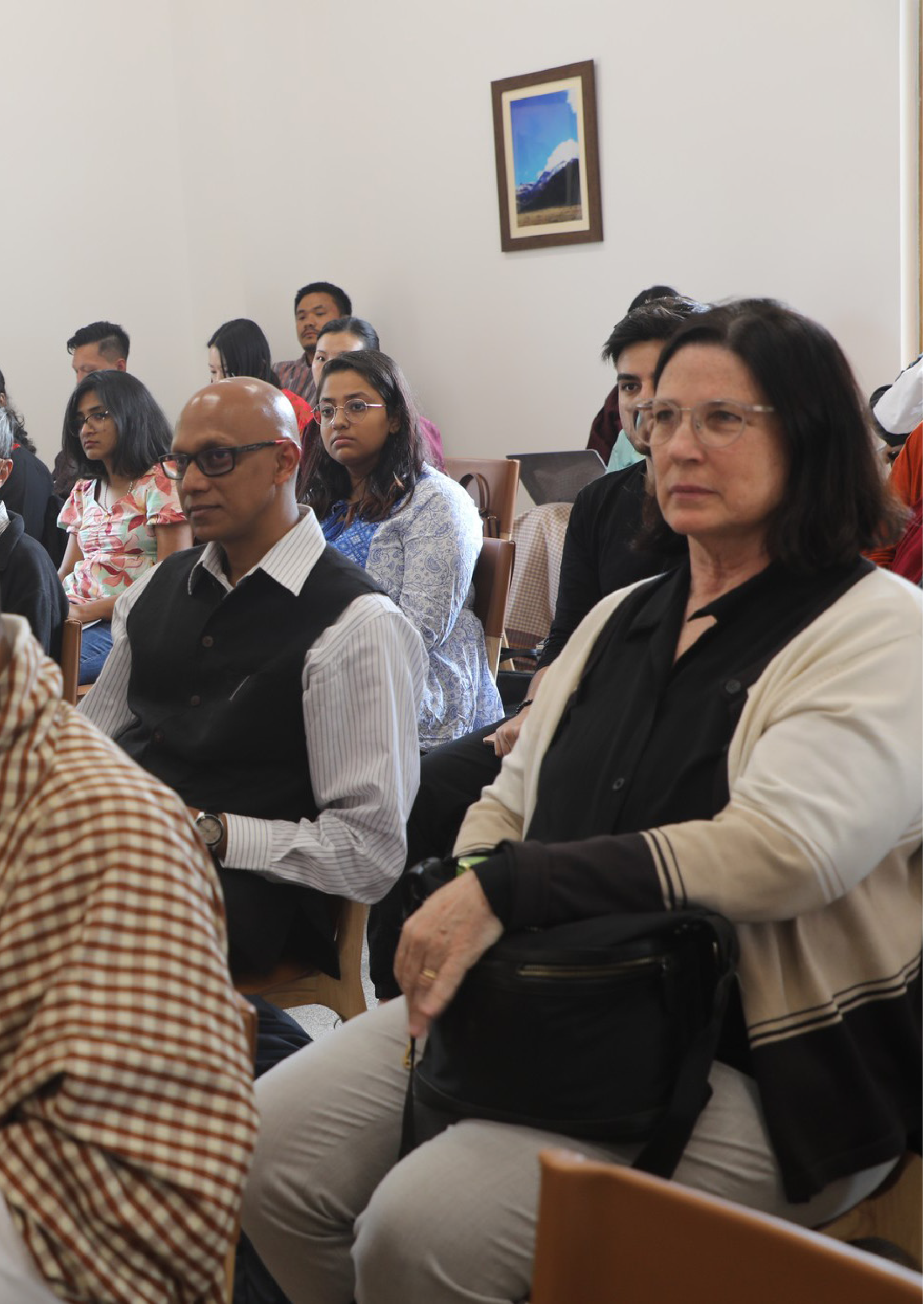
Planning Your Travel
There are two airlines flying into and out of Paro, the only international airport in Bhutan: Druk Air- Royal Bhutan Airlines and Bhutan Airlines. Both Airlines charge similar and fixed fares. Druk Air flies into Bhutan from India (Delhi, Kolkata, Guwahati and Bagdora), Bangladesh (Dhaka), Thailand and Singapore. Bhutan Airlines flies from India (Delhi and Kolkata), Nepal (Kathmandu) and Thailand.
Optionally, students can fly to Bagdora and travel by road to Jaigaon (border town), West Bengal, India, which will take approximately 4 hours. From the border town of Phuentsholing, Bhutan, it is approximately another 4 hours drive to Paro.
Applying for the Summer School
Who Can Apply?
To apply, students must meet the following:
► Students must have completed their second year or higher of an undergraduate law degree (LLB or JD).
► Students must have a sufficient command of the English language for studying the required readings and participating in classroom discussions.
How to Apply?
To apply for the summer school program, download the application form HERE (Application closed) – Download this Interactive Form and fill in using Adobe Acrobat, save and email it to summer.school@jswlaw.bt along with other relevant documents as specified in the form.
Deadline
►Application deadline: 10 April 2025.
►Selection results will be communicated to applicants on a rolling basis but no later than April 15, 2025.
►Payment of fees, which are non-refundable, is due no later than April 30, 2025.
Fees
►Nu.75000 (includes tuition, a suite with shared bath, and meals on campus for two-week program)
►The above fee structure also includes two trips (one to Thimphu and one to be determined later) outside Paro, and entry fees to sites, pick-up and drop-off at Paro International Airport, transportation for planned travel and field trips).
*Some partial scholarships are available to students on a need basis in Bhutan and SAARC countries.
To make the payment, click here for payment instruction
Visa Information
Upon confirming your enrollment, we will email you the visa application form. Note that you will be required to pay Nu. 5000/- visa fee separately.
Contact US
summer.school@jswlaw.bt
Dema Lham +975 77114137
www.jswlaw.bt